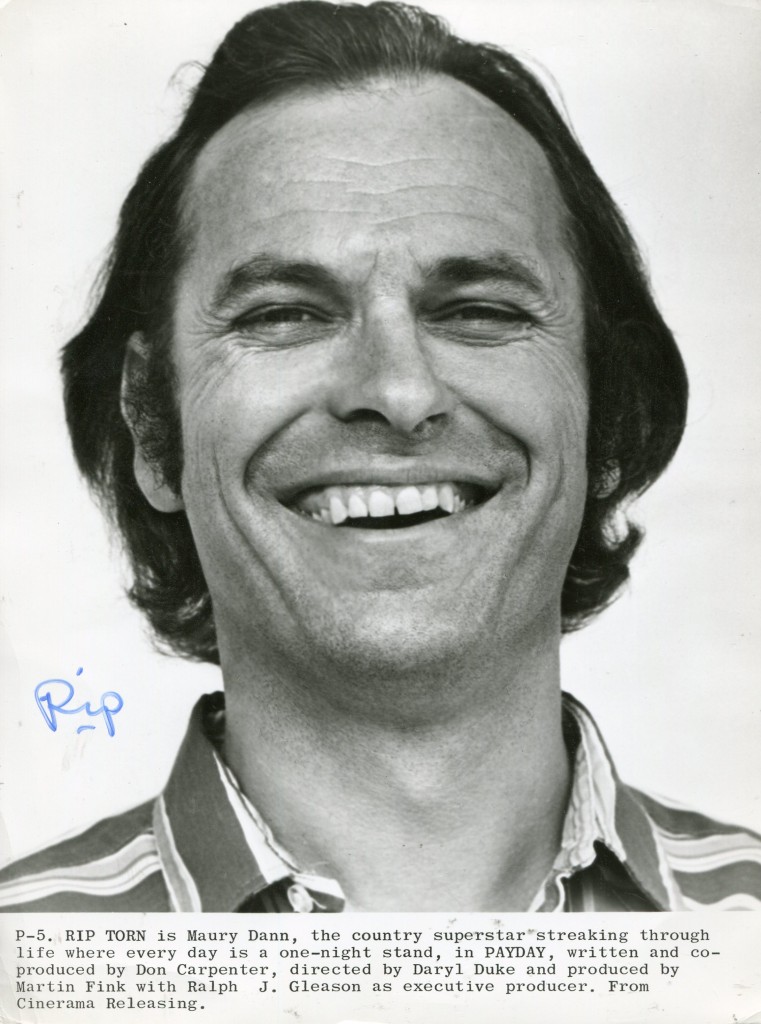
Rip Torn obituary in “The Guardian” in 2019.
Although Rip Torn, who has died aged 88, had almost as silly a name as Slim Pickens, Stepin Fetchit and Parkyakarkus, he was a major actor whose powerful presence was felt in films, TV and on stage for more than 60 years.
He became most widely known as Artie, the foul-mouthed, dyspeptic talk show producer in The Larry Sanders Show (1992-98), for which he received six consecutive Emmy award nominations as best supporting actor in a comedy series, winning the award in 1996. Typical was his exchange with the studio janitor: “Nicolae, my man, you and I both clean up shit for a living. The only difference is my shit talks back.”
Torn had gained a reputation as a risk-taker and a hellraiser in the 1960s. His artistic collaboration with the macho novelist Norman Mailer on the partially improvised film Maidstone (1970) became notorious for the sequence in which Torn, looking stoned, unexpectedly attacks Mailer with a small hammer, drawing blood. This results in a vicious wrestling match in which Mailer bites Torn’s ear, while Mailer’s wife and children scream in horror. The fight is broken up with the two trading insults.
In 1969, Dennis Hopper offered Torn the role of the pot-smoking lawyer in Easy Rider. Torn withdrew from the project after he and Hopper got into a bitter argument in a New York restaurant ending with Hopper pulling a knife on Torn. As a result, Torn was replaced by Jack Nicholson, whose appearance in the film launched him into stardom.
In 1994, Hopper told Jay Leno on The Tonight Show that it was Torn who had pulled a knife on him. Torn sued. A judge heard from both sides, and from witnesses who had been at the restaurant, and decided to award Torn $475,000. When Hopper appealed, another judge doubled the award.
From the mid-70s, Torn alternated between mainstream and unconventional pictures, and between heroes and villains. Among his better roles were an untrustworthy, womanising chemistry professor trying to get David Bowieback to his home planet in Nicolas Roeg’s The Man Who Fell to Earth (1976); the sinister head anaesthetist in Michael Crichton’s Coma (1978); the boozing and philandering southern senator in Jerry Schatzberg’s The Seduction of Joe Tynan (1979); and the humane farmer in Martin Ritt’s Cross Creek (1983), for which Torn gained a best supporting actor Oscar nomination.
Later well-known film roles include Agent Zed, head of the MIB organisation that supervises extraterrestrials hidden among the population of Earth in Men in Black (1997) and its two sequels, and the veteran coach Patches O’Houlihan in Dodgeball (2004).
He was born Elmore Rual Torn in Temple, Texas, the son of Thelma (nee Spacek) and Elmore Torn. Generations of Torns were called Rip, as was his father, an agriculturalist. Because his first ambition was to be a rancher, Torn studied animal husbandry at the University of Texas. Thinking that becoming a movie star was a good way to earn enough money to buy a ranch, he hitch-hiked to Hollywood in his early 20s. However, he failed to get near a studio and, after a few years of odd jobs, made his way to New York and the Actors Studio. There, he got to know Elia Kazan, who helped himlaunch his career.
Kazan gave Torn two small parts: in Baby Doll (1956), as the young dentist with whom Carroll Baker flirts, and in A Face in the Crowd (1957), as the “greatest thing since Will Rogers” waiting to replace the folk hero Andy Griffith. Then Kazan cast him in his Broadway production of Tennessee Williams’s Sweet Bird of Youth (1959) as Tom Finley Jr, a nasty piece of work who attempts to drive the hero, Chance Wayne (Paul Newman), out of town, and finally castrates him.
When Newman left the show, Torn took over as Chance Wayne opposite Geraldine Page. For the 1962 film version, Torn reverted to Tom Finley Jr while Newman and Page repeated their stage roles. Torn and Page got married (both for the second time) in 1963 and remained so until her death in 1987. (Their country estate was called Torn Page.) They played domineering parents in Francis Ford Coppola’s second feature, You’re a Big Boy Now (1966), but seldom worked together despite pursuing parallel careers.
Torn developed his dynamic, loud-mouthed, somewhat sleazy, acting persona in a number of film roles in the 60s including Judas in Nicholas Ray’s King of Kings (1961), a sadistic army sergeant in Cornel Wilde’s Beach Red (1967), and the wealthy New Orleans businessman, waiting to get his revenge, in any fashion, on Edward G Robinson for wiping him out in a high-stakes poker game in Norman Jewison’s The Cincinnati Kid (1965).
In the last of these, when asked why he was surely not doing it for the money, Torn replies in his most villainous southern tones: “Yes, for my kind of money, gut money. I want to see that smug old bastard gutted. Gutted!”
Torn’s first collaboration with Mailer was in the off-Broadway production of The Deer Park (1967), adapted from Mailer’s controversial 1955 Hollywood novel. As the pimp Marion Faye, Torn won a distinguished performance Obie award. In Mailer’s “experimental” films, Torn played a hippy accused of murder in Beyond the Law (1967) and he was Raoul Rey O’Houlihan, half-brother of Norman Kingsley (Mailer), a film director turned politician, in Maidstone.
In Milton Moses Ginsberg’s Coming Apart (1969), Torn starred as a psychiatrist who films all his sessions with his female patients, then his own breakdown, with a hidden camera. This was followed by a rather shambling performance as Henry Miller in Joseph Strick’s Tropic of Cancer (1970), an updated version of the classic erotic novel, and Payday (1973), in which Torn, as a fading country-and-western singer, gave one of his best performances, revealing the vulnerability under a cruel and selfish exterior.
He won another Obie for his direction of Michael McClure’s The Beard (1968), about the meeting between Jean Harlow and Billy the Kid in eternity. A huge light show preceded the play, with cages of doves and ferrets in the lobby to “set off an adrenaline rush”.
Torn ventured into film directing for the first and last time with The Telephone (1988), a quasi one-woman comedy starring Whoopi Goldberg, who reportedly refused to stick to the script and had the director’s chosen director of photography, the veteran cinematographer John Alonzo, replaced by her then-husband, David Claessen. Torn cut his own version of the film, using the takes that adhered to the script, and screened it at the Sundance film festival, while the studio released its own version, to disastrous reviews.
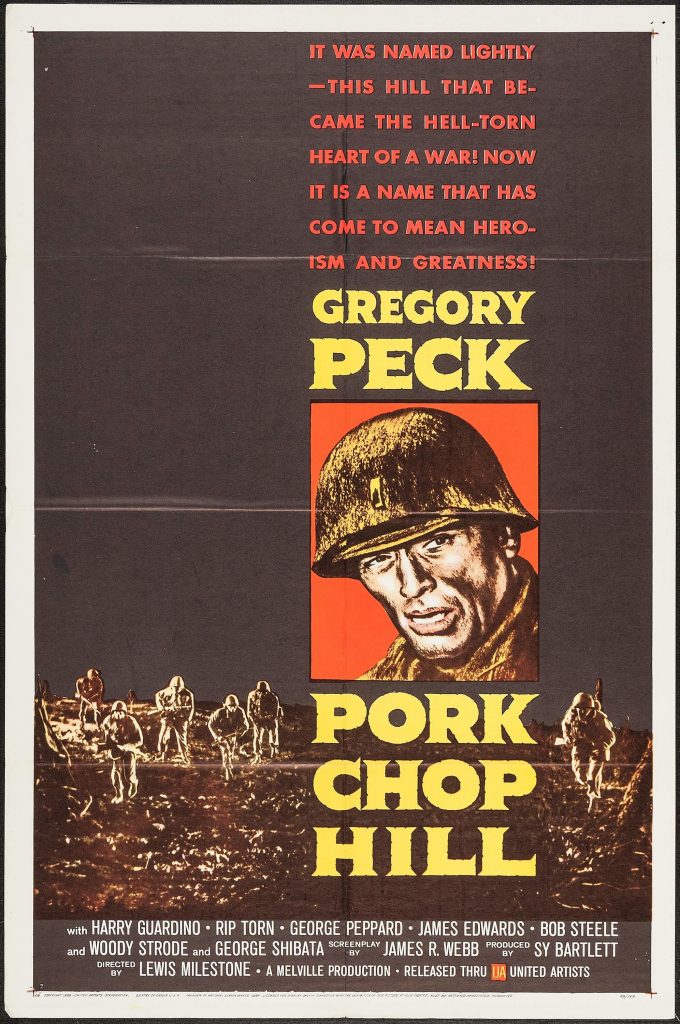
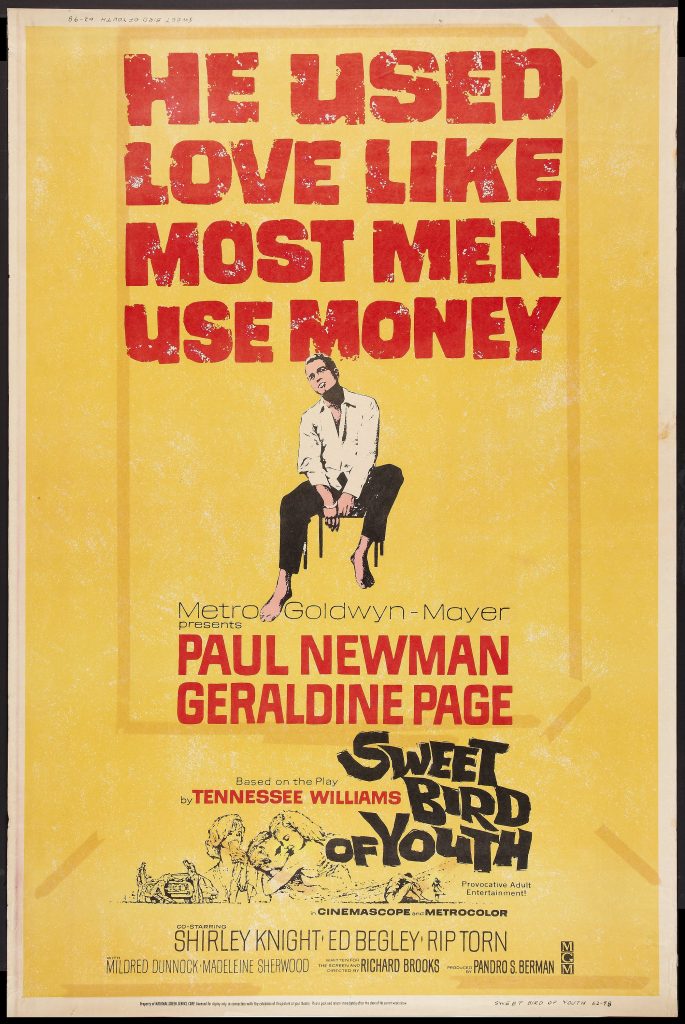
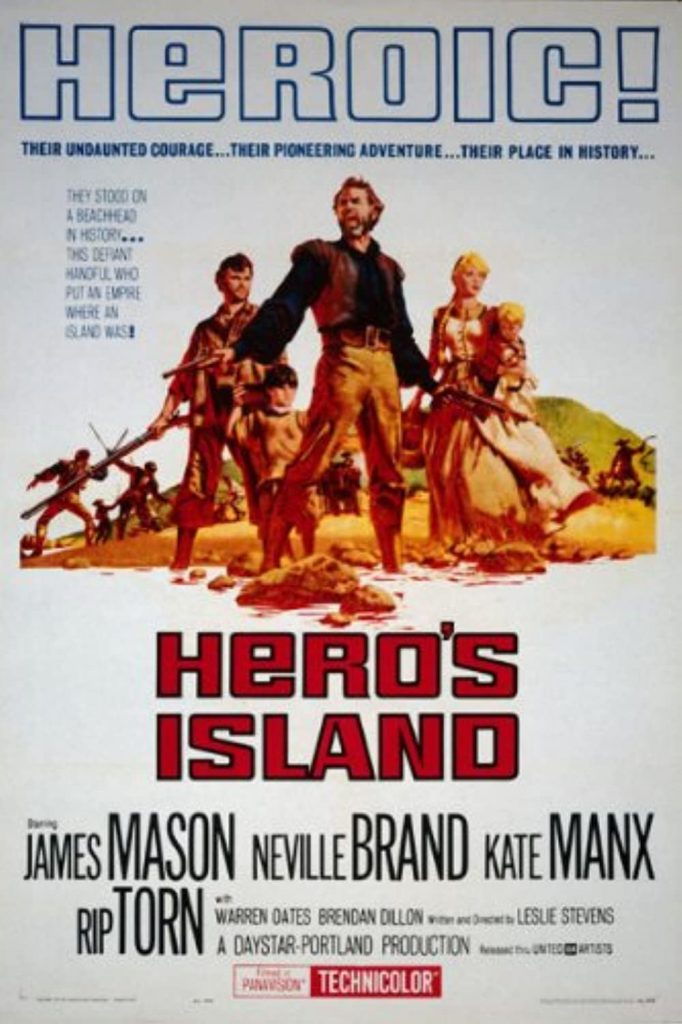
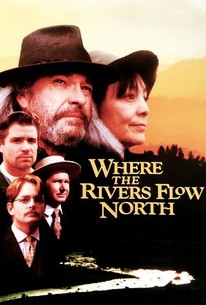
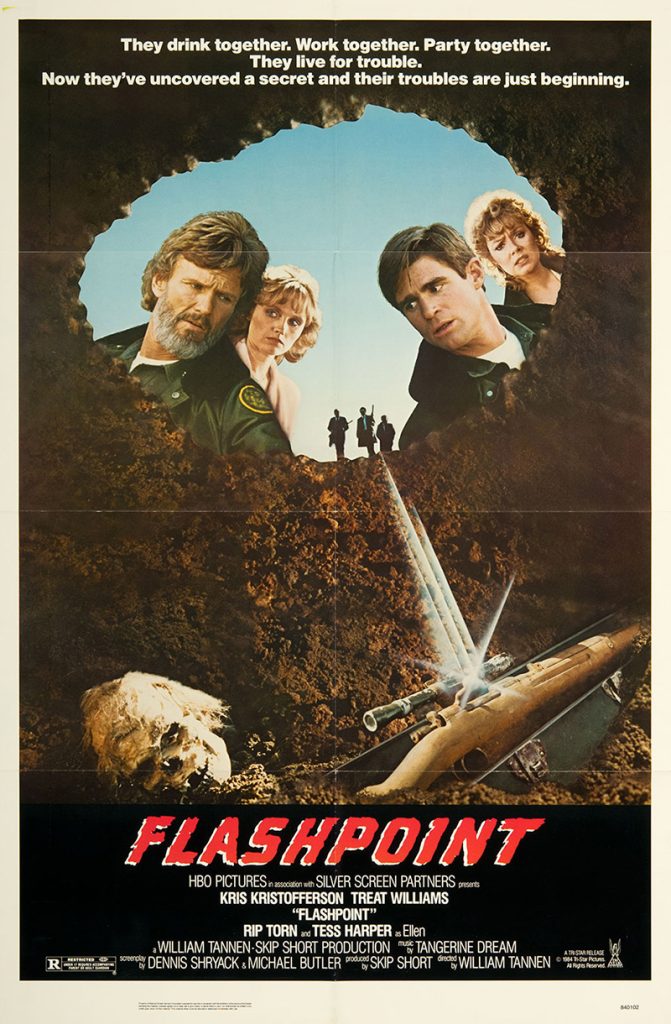
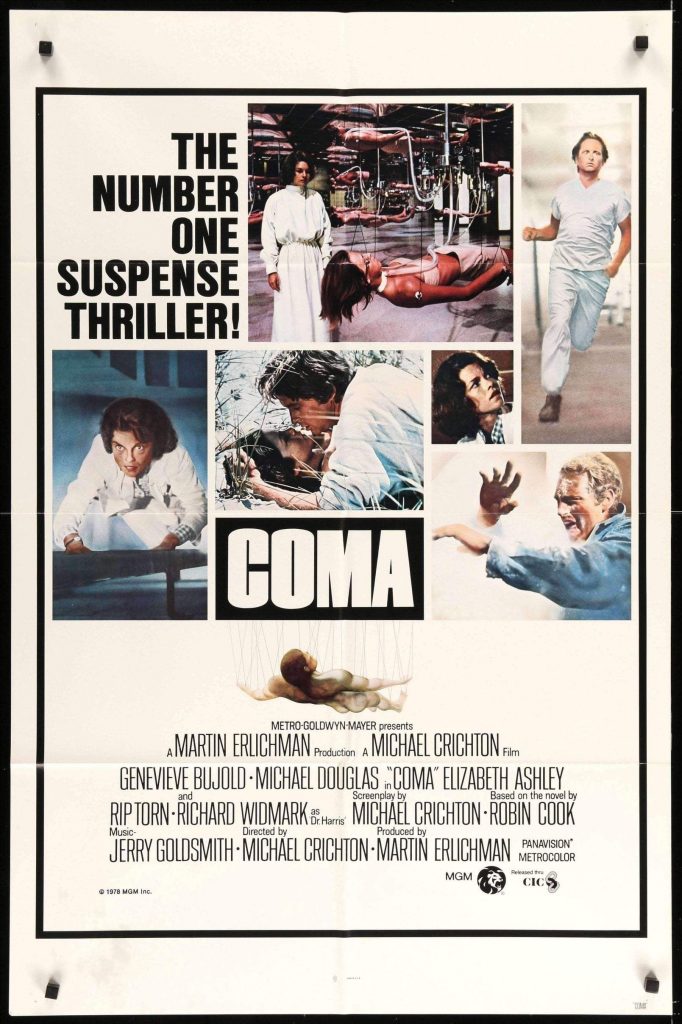
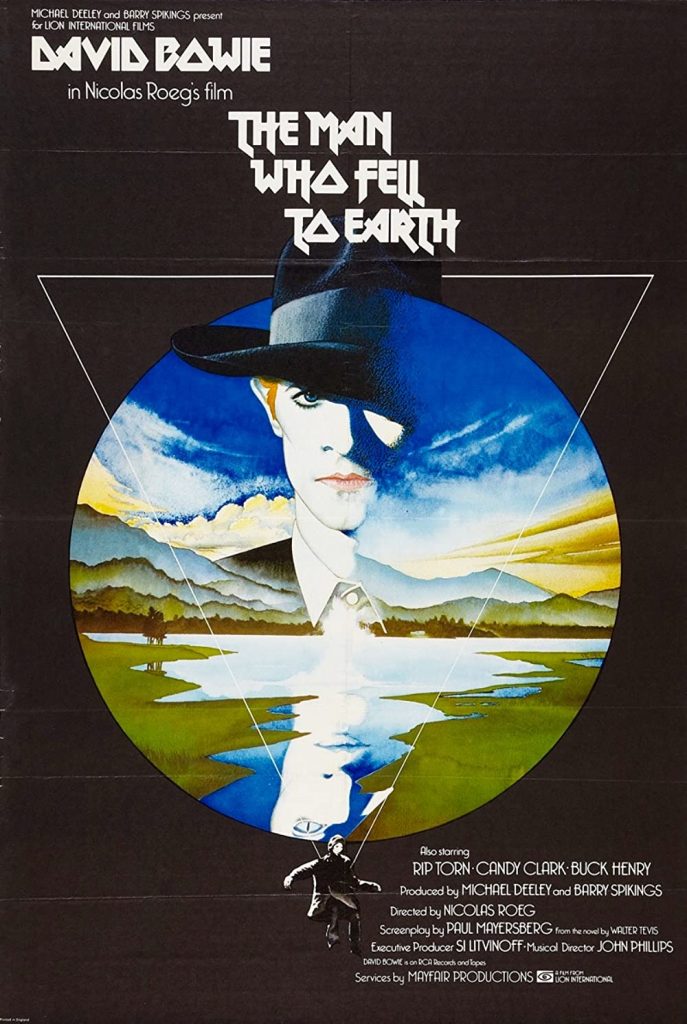
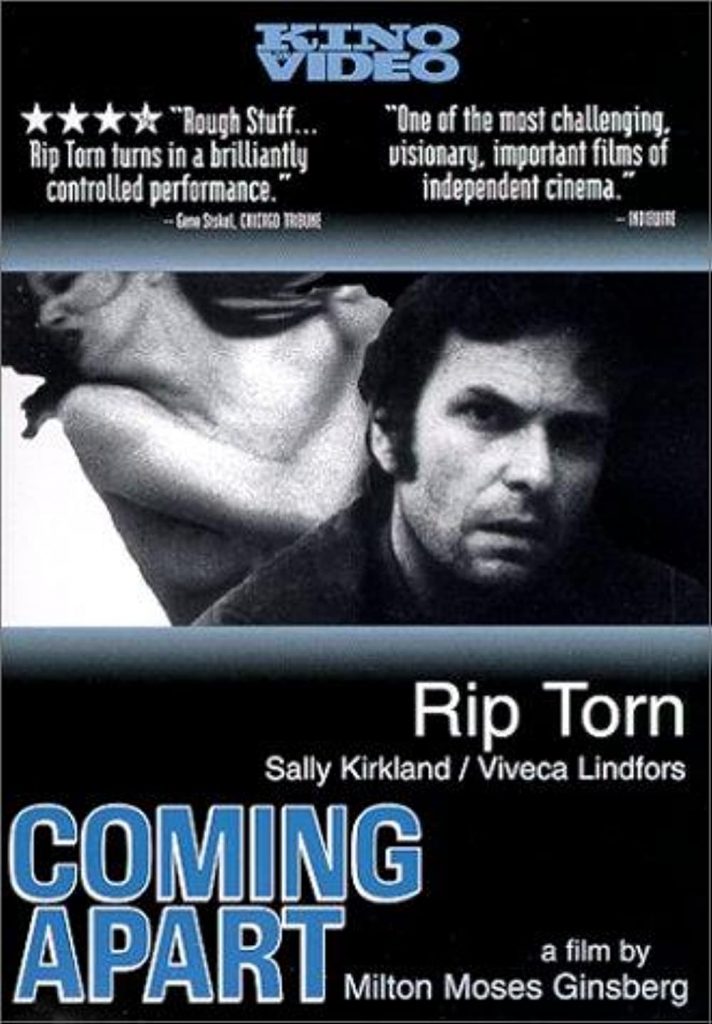
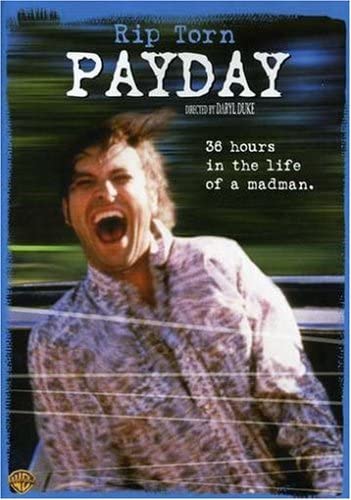
On television, Torn was perfectly cast as Richard Nixon in the miniseries Blind Ambition (1979), and played Big Daddy in Williams’s Cat on a Hot Tin Roof (1984), and Boss Finley in a return to Sweet Bird of Youth (1989). After The Larry Sanders Show, he was successful in another long-running comedy series, 30 Rock, as Don Geiss, the head of the fictional TV network (2007-09).
Torn’s long struggle with alcohol frequently brought him on to the front pages. In 2004 he was arrested in New York City after his car collided with a taxi, and in 2006 and 2008 for drunk driving incidents. In 2010, he broke into a bank in Connecticut; he was charged with various offences including carrying a firearm while intoxicated and first-degree burglary, and was given a suspended sentence.
Torn is survived by his third wife, Amy Wright, and their two daughters, Katie and Claire; by a daughter, Danae, from his first marriage, to Ann Wedgeworth, which ended in divorce; by two sons, Anthony and Jonathan, and a daughter, Angelica, from his marriage to Page; and by four grandchildren.
• Rip Torn (Elmore Rual Torn Jr), actor, born 6 February 1931; died 9 July 2019


Comment
Royvia
Great post.